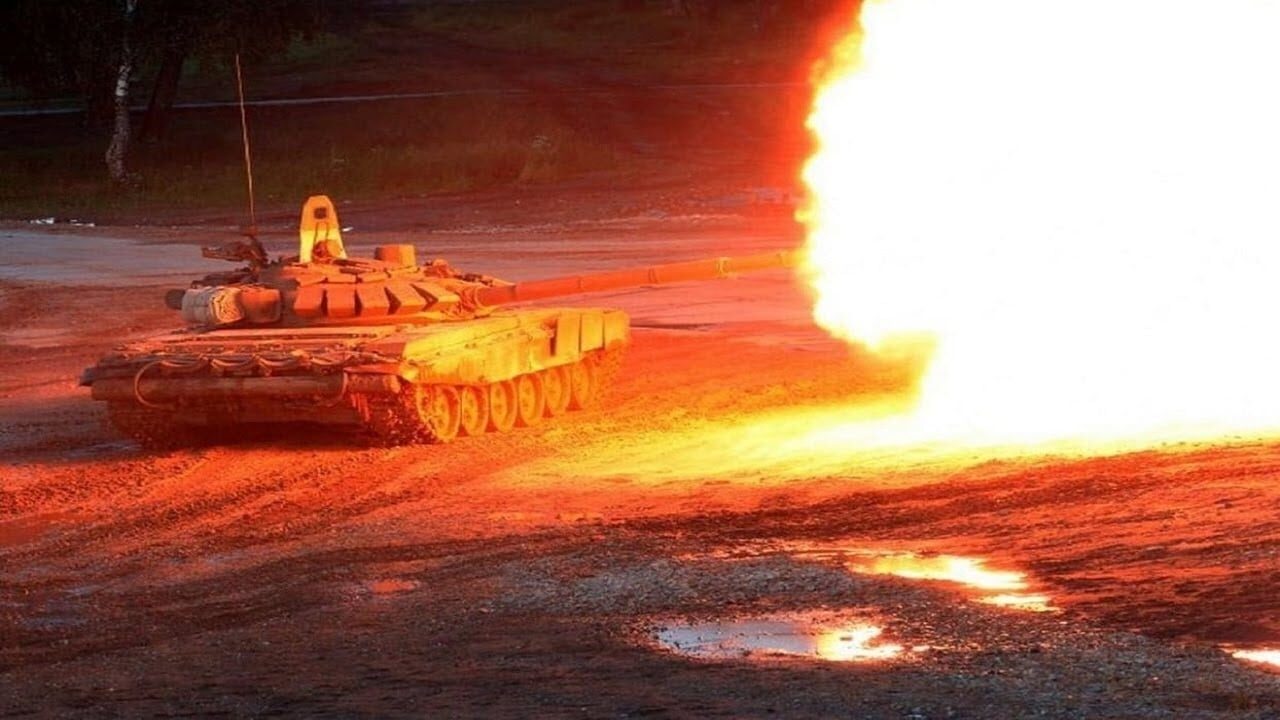Zelenskyy Believes Ukraine Can Break Russian Control of Mariupol 0 In his nightly address on Monday, Ukrainian President Volodymyr Zelenskyy suggested that with enough aid, Ukrainian fighters could lift the siege of Mariupol and push back Russian troops.
Zelenskyy described how Ukrainian troops are “beating the occupiers with wisdom and well-thought-out tactics” that are “inaccessible to the Russian military,” but warned that his nation’s Armed Forces is still depending on the supply of weapons and ammunition from its allies.
“Unfortunately, we are not getting as much as we need to end this war sooner. To completely destroy the enemy on our land. And to fulfill those tasks that are obvious to each of our people. In particular, to unblock Mariupol,” Zelenskyy said, adding that it would be possible to lift the siege with sufficient resources.
“If we got jets and enough heavy armored vehicles, the necessary artillery, we would be able to do it,” he said.
Mariupol has faced some of the most intense bombing by Russian forces for several weeks, as the Kremlin fought to take control of Ukraine’s port cities and establish a land bridge between the annexed Crimean peninsula and the contested eastern region of Donbas.
Over 10,000 civilians have been killed in Mariupol since the outbreak of the invasion, according to Mayor Vadym Boychenko.
Does Russia Know He’s Right?
Also on Monday, Ukrainian officials accused Russia of deploying a chemical weapon in the port city of Mariupol, causing civilians and Ukrainian troops to develop respiratory illnesses.
The claim was first made by Ukraine’s controversial white nationalist Azov Regiment, which is a unit of the National Guard.
On Telegram, the Battalion’s leader said that Russian forces used an unknown poisonous substance against troops and civilians that appeared to be dropped from an unmanned aerial vehicle.
“The victims have respiratory failure, vestibulo-atactic syndrome,” the statement continued.
The claims were supported by various Ukrainian legislators and officials, but the United States has so far been unable to verify the claims and is monitoring reports.
“These reports, if true, are deeply concerning and reflective of concerns that we have had about Russia’s potential to use a variety of riot control agents, including tear gas mixed with chemical agents, in Ukraine,” Kirby said.
The alleged chemical attack occurred soon after Russian President Vladimir Putin appointed Gen. Alexander Dvornikov as the head of the Russian invasion of Ukraine. Dvornikov is often referred to as the “Butcher of Syria” for his leadership of Russia’s campaign in Syria and what some claim was his brutal deployment of chemical agents against civilians.
One human rights official from the United Nations said Russia’s military offensive in Syria left the city of Aleppo a “slaughterhouse” and a “gruesome locus of pain and fear, where the lifeless bodies of small children are trapped under streets of rubble and pregnant women deliberately bombed.”
If escalation in Mariupol by Russian forces is indeed happening, perhaps Russia is acutely aware that when Zelenskyy says he can take back control of Mariupol, he might be telling the truth.
Jack Buckby is a British author, counter-extremism researcher, and journalist based in New York. Reporting on the U.K., Europe, and the U.S., he works to analyze and understand left-wing and right-wing radicalization, and reports on Western governments’ approaches to the pressing issues of today. His books and research papers explore these themes and propose pragmatic solutions to our increasingly polarized society.

